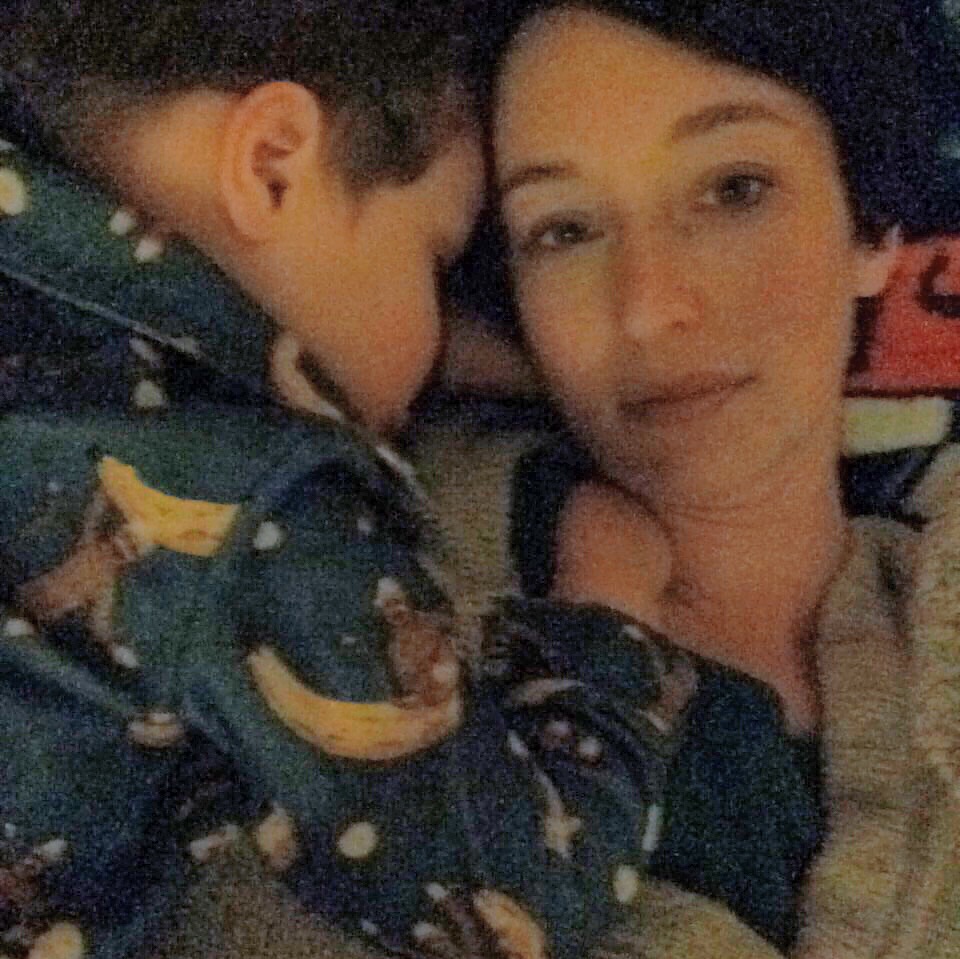Before I had any kids of my own, I was a parenting expert.
Allow me to revise that statement: Before I had any kids of my own, I thought that I was a parenting expert. I thought I knew how to stop—nay, prevent—tantrums. I thought that kids who whined were the product of lazy parents. (Smack me now.)
And I thought that if kids were too old to ask for it, they were too old to breastfeed.
I regret this judgment now. And that’s not only because it demonstrates my profound lack of compassion for other parents.
I regret it because I was wrong.
I made this judgment without giving much thought to the messy and complex lived experiences of many nursing parents and children. I made this judgment without ever talking to a person who had breastfed a child into the toddler years. We can call this the fallacy of invisibility: I didn’t often see older toddlers who nursed, so I concluded that the practice must be weird and even a little gross.
RELATED: 10 Things You Never Say to a Person Giving Birth
Then I became a parent. And instead of developing much parenting expertise, I developed messy and complex lived experiences of my own.
After my first two children were born, I aimed to meet the American Academy of Pediatrics’ recommendation to “continue breastfeeding for one year or longer as mutually desired by mother and infant.” Thanks to a mix of biological luck and great lactation support, I was able to meet that goal. I nursed my two oldest sons until they were 12 and 14 months old, respectively.
Though they nurse less frequently than infants do, an older toddler’s demand for the breast can seem more intense, more voracious than a baby’s.
When I weaned them, it was not because they were “too old” to breastfeed. It was not because breastfeeding had become weird or gross. It was not even because I was afraid that they would soon be able to “ask for it.” At a year old, they were able to ask to nurse, in their mostly toothless, barely verbal ways.
I weaned them because we both seemed ready to stop nursing. That’s it.
As they grew, I grew, too. Parenting made me both softer and harder, both fiercer and more vulnerable. It also made me more open to my own and others’ experiences.
This openness came to define my parenting style by the time my third child was born. In fact, when I gave birth to him, I was open to the idea of breastfeeding him beyond his first birthday—well beyond it.

And then, without any hard and fast breastfeeding goals, I did indeed nurse well beyond his first birthday. And then well beyond his second birthday. And then, as we crept toward his third birthday, there I was, nursing a child who could “ask for it,” in complete sentences, no less.
Just as I did with his older brothers, I weaned him not because breastfeeding had become weird or gross but because we both seemed ready to stop. There was also another reason I decided to wean him, one that didn’t factor into my decision to wean his older brothers: I was ready to reclaim my body.
This points to what is, for me, the weirdest part of breastfeeding a toddler. Though they nurse less frequently than infants do, an older toddler’s demand for the breast can seem more intense, more voracious than a baby’s. It’s almost as if they see their mother’s breasts as an extension of themselves, as a body part that falls under the umbrella of their own autonomy.
To wean a toddler, then, is to shrink that umbrella—to narrow the boundaries that mark the places on your body that your child can and cannot claim as their own.
When I stopped nursing my almost 3-year-old, I rejoiced in the reclaiming of my body.
But it is also to end a beautiful relationship. It is to shrink the number moments where you can be quiet and still and connected with your toddler.
So is breastfeeding an older child that much weirder than breastfeeding a baby? Yes and no. It can be weird and beautiful. It can be annoying and sweet. It can be demanding and tender.
It can, I suppose, encompass all the multitudes and contradictions that any human relationship can.
And that’s perhaps why ending this relationship can encompass both grief and celebration.
RELATED: When Parenting Studies Make You Feel Like a Crappy Mom
When I stopped nursing my almost 3-year-old, I rejoiced in the reclaiming of my body.
But during that last time breastfeeding him, I also kissed his forehead and shed a couple tears and told him how much I’d loved these beautiful, annoying, sweet, demanding, tender moments together.
And there’s nothing weird about that.
